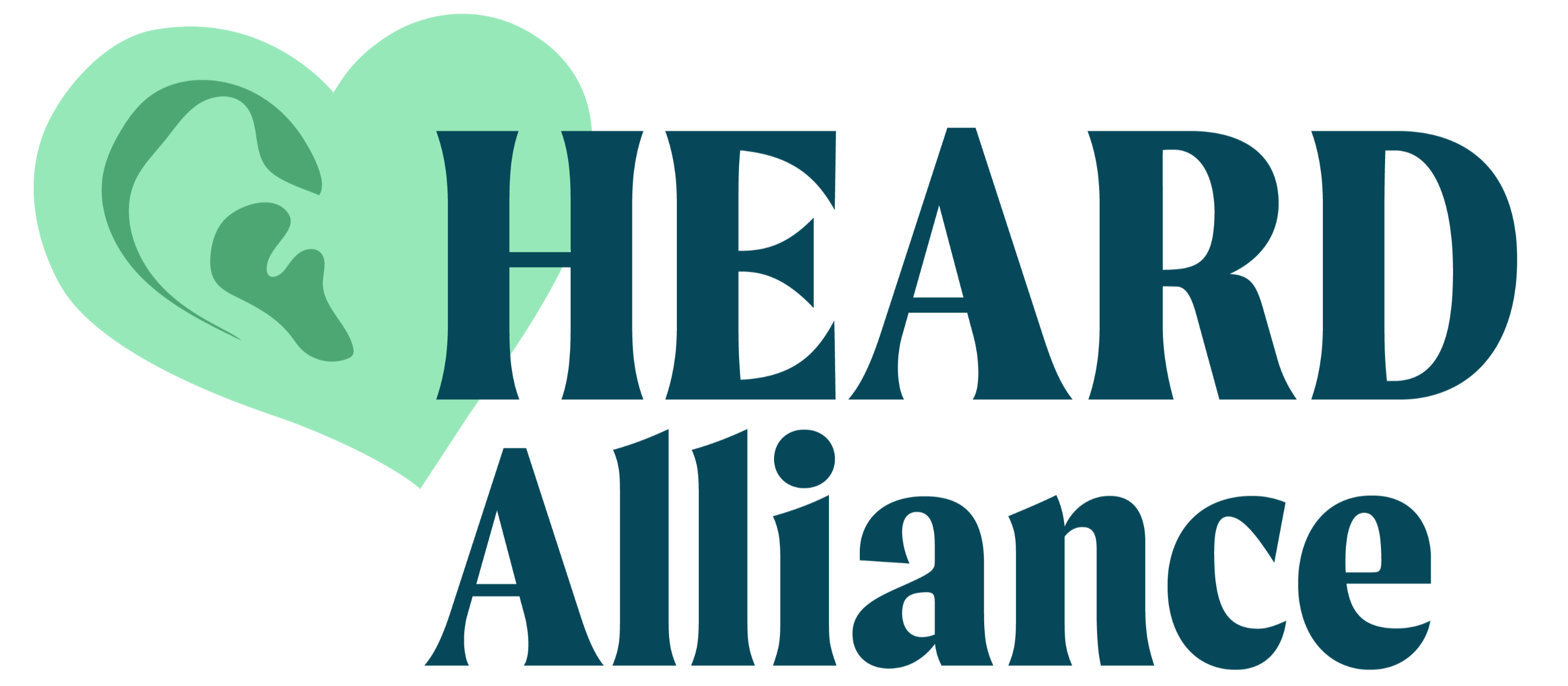Depression Support Resources for Youth & Families
- Apr 1, 2025
- 2 min read
Updated: Oct 17, 2025
Everyone feels sad or down sometimes. It’s a normal part of growing up and navigating through the various challenges that life presents. These feelings can arise due to a multitude of reasons, such as academic pressures, relationship issues, or even changes in one's environment. However, it is crucial to recognize that while occasional sadness is a common human experience, there are instances when these feelings can evolve into something more serious. When feelings of sadness, irritability, or losing interest in activities that once brought joy persist for weeks on end, it may indicate the onset of depression, a mental health condition that affects countless individuals across different age groups.
Depression is not merely a fleeting emotion; it is a complex disorder that can significantly impact a person's ability to function in daily life. Those experiencing depression may find it increasingly difficult to engage in social interactions, perform at work or school, and maintain their usual hobbies and interests. This pervasive sense of hopelessness can lead to withdrawal from friends and family, further exacerbating feelings of isolation. Additionally, physical symptoms such as fatigue, changes in appetite, and sleep disturbances often accompany depression, making it even more challenging to cope with the emotional aspects of the condition.
It is essential to understand that recognizing the signs of depression is the first step toward seeking help. Many individuals may not realize that what they are experiencing is more than just a temporary phase of sadness. They might attribute their feelings to stress or fatigue, overlooking the possibility that they could be facing a significant mental health issue.
Depression is a real and treatable mental health condition that affects millions of children, teens, and young adults. In fact, about 1 in 5 teens will experience at least one episode of depression before they finish high school. Some people may be more at risk if they’ve experienced stress, loss, or have other mental health challenges. The good news is, you’re not alone — help and support are available.
Find our recommended youth depression support resources for children, teens, young adults, and their families below.
Youth Depression Support Resources
A social impact organization focused on addressing the complex mental health needs of youth.
A national organization focused on protecting emotional health and preventing suicide among teens and young adults, offers resources to help young people understand sadness, depression, and when to seek help.
A UK student mental health charity focused on ensure no college student is held back by their mental health.
Depression-focused Resources for Parents, Caregivers, and Educators
ADAA improves the quality of life for those who suffer through evidence-based educational resources, professional practice, and scientific research.
The leading independent nonprofit in children’s mental health, Child Mind Institute provides evidence-based care, educational resources, and more.
A nonprofit on a mission to break down the stigma surrounding mental health and provide free depression education and suicide prevention programs to any school, anywhere.

DBSA > Depression and Bipolar Support Alliance (DBSA) provides peer-led support, trusted resources, and wellness tools.










